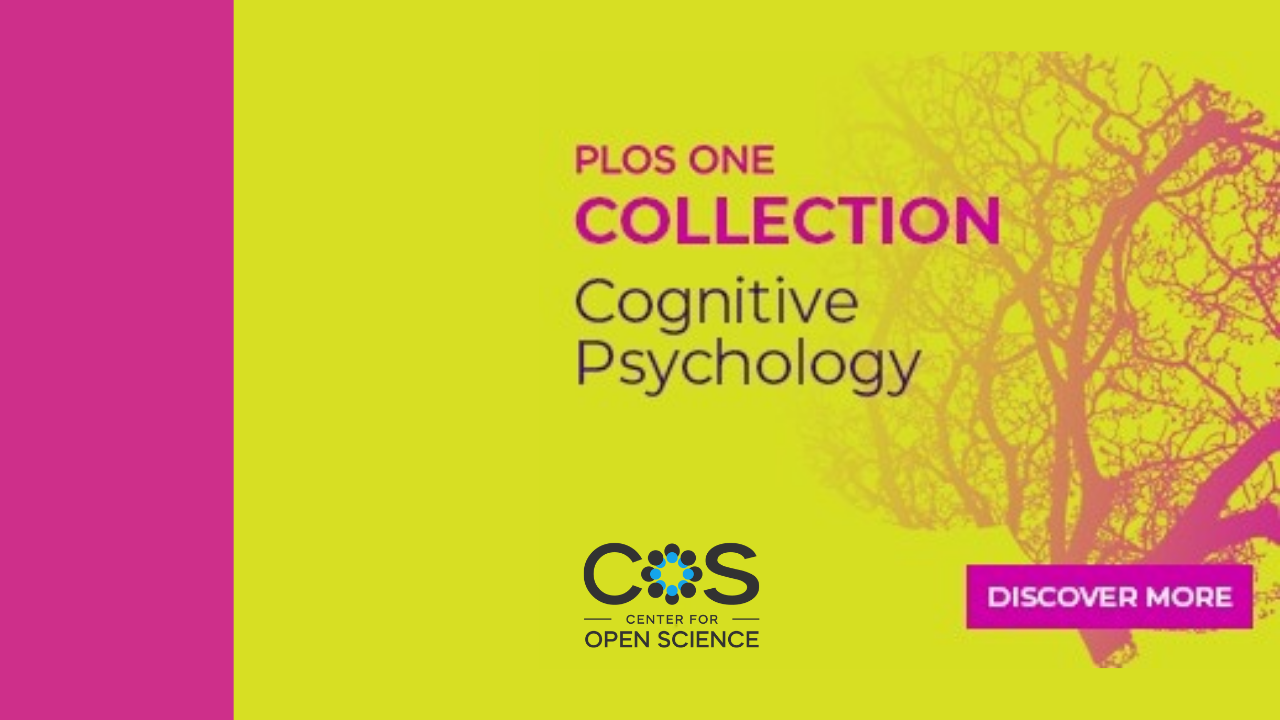
Elise Cardinale, a researcher at the National Institute of Mental Health (NIMH) in Bethesda, Maryland, leads a team that is aiming to integrate neuroscience and mobile technology to develop interventions for young people with often debilitating psychological disorders.
She and her co-authors propose creating a novel mobile application, called “CALM-IT,” to determine personalized treatment plans for those with inhibitory control deficits.
In response to a call for cognitive psychology papers – cosponsored by PLOS ONE and the Center for Open Science – her team submitted their Stage 1 Registered Report Protocol, titled “Rationale and validation of a novel mobile application probing motor inhibition: Proof of concept of CALM-IT.”
As PLOS Guest Editor Benjamin Brown noted in the call for papers, developmental psychology has been slower to embrace the movement towards research transparency that has been seen in other psychology fields in recent years.
But, Brown added, “To improve the replicability of our science, it is vital as a field that we adopt more transparent research practices such as preregistration and the sharing of materials, data, code, and preprints.”
Cardinale noted in an interview that this was a new but welcome approach for her. “The Cognitive Psychology Call for Papers was the first exposure I had to this type of mechanism for preregistration,” she said. “The Registered Report protocol was an exciting opportunity to engage in open science practices, especially as it provided the opportunity to have our proposed methodological and analytic procedures undergo peer review.”
Ultimately, that opportunity may have saved the team time and other resources. “Receiving reviews early in the process informed our study design in a way that really strengthened the overall methodological rigor of the project,” Cardinale said.
The project was conducted with Dr. Melissa Brotman, chief of the Neuroscience and Novel Therapeutics Unit in NIMH’s Intramural Research Program. They set out to develop a novel, user-friendly mobile application, CALM-IT, to assess inhibitory control, a potential mechanism underlying psychopathology in youth.
Neuroscience-based assessments are often “not accessible to community providers, not engaging for patients, and not developmentally appropriate,” Cardinale said. “We developed CALM-IT to extend the investigation of inhibitory control beyond the confines of the laboratory setting, bridging the gap between mechanisms identified in the laboratory and community-based clinical interventions,” she said.
The team’s protocol proposes methods to validate app-based behaviors against laboratory-based tasks that are canonical to cognitive psychology. The protocol also investigates associations between a user’s CALM-IT performance and symptoms of childhood mood and anxiety disorders.
Cardinale said the submission and review processes were similar to those for any other journal article. Reviews came back quickly, suggesting ways to strengthen the team’s proposed methods and analyses. Reviewers also pointed out areas that might need more justification in a final manuscript.
Following a reviewer’s suggestion, the authors added some analyses examining associations with a broader range of psychopathology. Following this suggestion before knowing the results ensures that the analyses remain purely confirmatory.
Would she open her notebook like this again in the future?
“Absolutely! It was a wonderful experience, and we believe our science is stronger because of it,” Cardinale said. “The registered report protocol provides an opportunity to engage in the scientific process in a transparent, thorough, and hypothesis-driven way. Plus, the registered report protocol provides feedback from reviewers in the field, expanding the network of scientists who can advise on a rigorous methodological design for the proposed research question.”

6218 Georgia Avenue NW, Suite #1, Unit 3189
Washington, DC 20011
Email: contact@cos.io

Unless otherwise noted, this site is licensed under a Creative Commons Attribution 4.0 International (CC BY 4.0) License.
Responsible stewards of your support
COS has earned top recognition from Charity Navigator and Candid (formerly GuideStar) for our financial transparency and accountability to our mission. COS and the OSF were also awarded SOC2 accreditation in 2023 after an independent assessment of our security and procedures by the American Institute of CPAs (AICPA).
We invite all of our sponsors, partners, and members of the community to learn more about how our organization operates, our impact, our financial performance, and our nonprofit status.